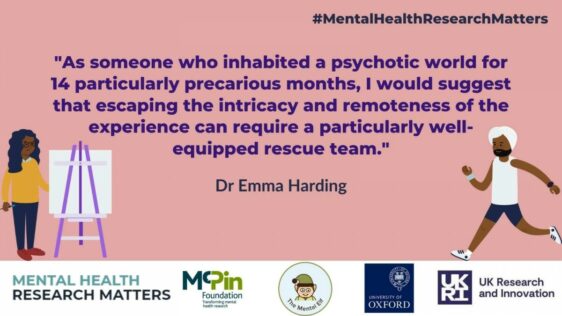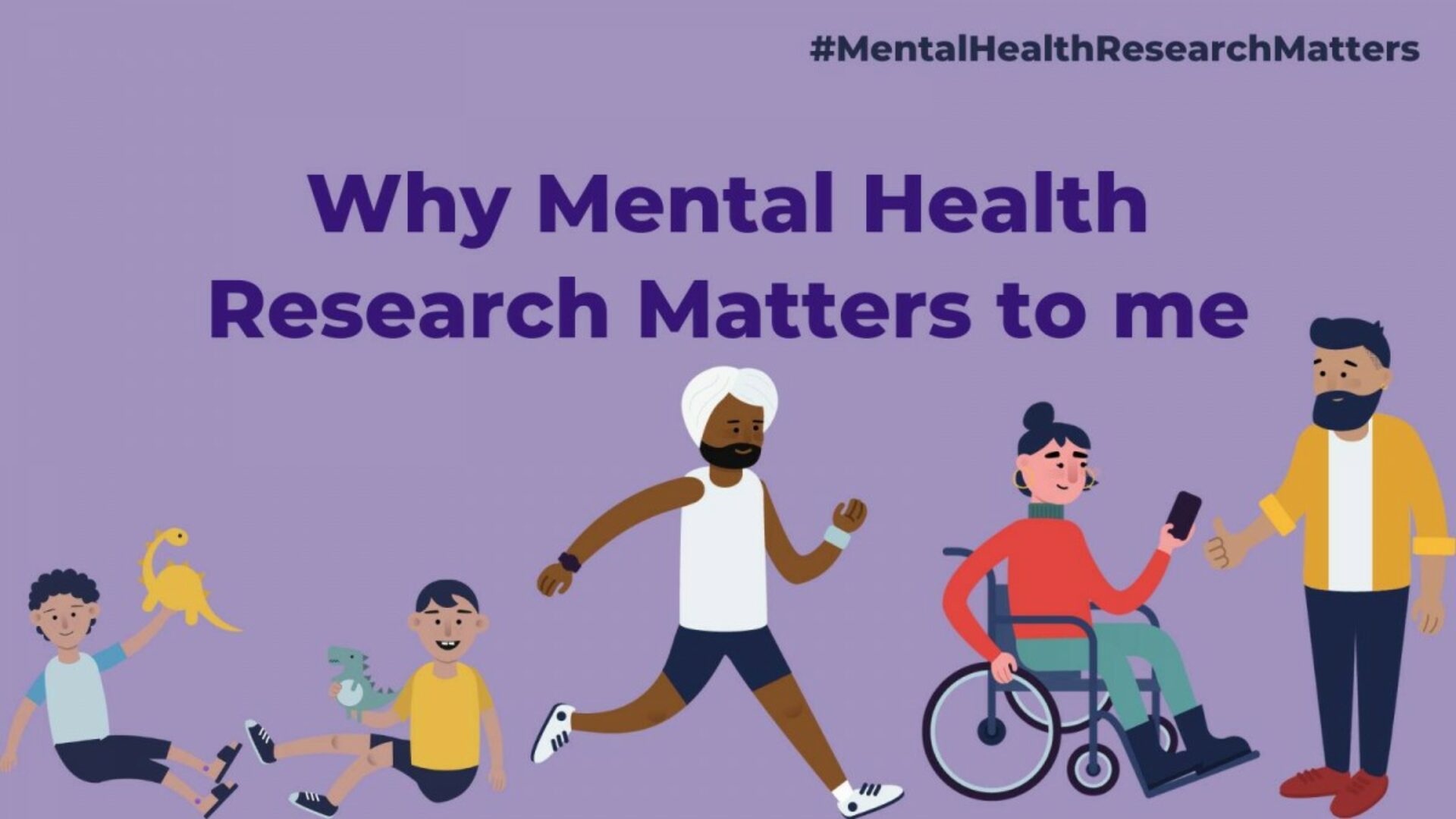Dr Emma Harding, clinical psychologist and ‘Expert by Experience’, writes about how the intricate blend of method and insight can inform mental health research.
Emma Harding

Psychology is a relatively new study, arguably having emerged as a distinct discipline in 1879 with Wilhelm Wundt’s establishment of the first psychology laboratory in Leipzig, Germany1.
This is somewhat out of sync with some attempts at treating mental ill health which are apparent in archaeological artefacts from prehistoric times.
Evidence of the practice of trepanning – drilling holes in the human skull, perhaps to let out evil spirits – has been dated as far back as 6000 BC2.
Historical understanding of mental health issues has often sanctioned cruel and tortuous practices. These delightful ‘treatments’ have included:3
- Lobotomy
- Exorcism
- Purging
- Insulin coma
So it seems particularly important in today’s arguably more enlightened times that attention is paid to ensure the dignity and autonomy of the person being cared for.
Distress which affects our most fundamental beliefs
Emotional distress can be life changing, relating as it often does to our most intimate and fundamental thoughts and perceptions, such as:
- Who am I?
- How can I make sense of this?
- Why is this happening?
- What is the point?
As someone who inhabited a psychotic world for 14 particularly precarious months, I would suggest that escaping the intricacy and remoteness of the experience can require a particularly well-equipped rescue team.
For me it is not only democratically but practically essential to include those with personal experience of a problem in understanding it – the first step in overcoming it – much as we would when mapping difficult terrain.
Blending discipline, method and insight
Mental distress can twist and turn with each stream of consciousness, so understanding and intervening in it borrows skills and creativity from the arts as well as the sciences.
To navigate this most personal of disasters can also require a particularly careful blend of method and insight.
Research methods provide conditions to discern what is helpful, and the insight of artistry gives us ways to frame ideas so others can connect with them.
Including people with lived experience in research about mental health needs can help focus on what really matters to individuals.
When this work informs interventions carried out by those who have found solutions to their own fundamental questions, it can both inspire and normalise the search for answers.
Extraordinary acts of introspection and interaction
Mental health research matters because the human brain is one of the most complex structures within the universe. Mental ill health often strikes when something unfavourable happens to something very important to an individual.
When thinking or feeling become damaging to a person, or to their relationships with others, the impact can be far-reaching – as politics through the ages continues to demonstrate; the chaos and lack of consistency we are seeing in decisions concerning the government of our nation are a case in point – creating conditions in which it is impossible to live. On a more individual level our connections with others sustain us through difficult times so the stakes are also high.
Understanding our emotional wellbeing can be complex and demanding. Exploring human distress can appeal to those who enjoy introspection and interaction, as it has both personal and social components.
It is typically human to care about our own dilemmas; perhaps extraordinary to act on other people’s.
Research, particularly when streamlined by people informed by emotional distress, offers a huge advantage in combating the many ways in which living is becoming progressively harder for many.
